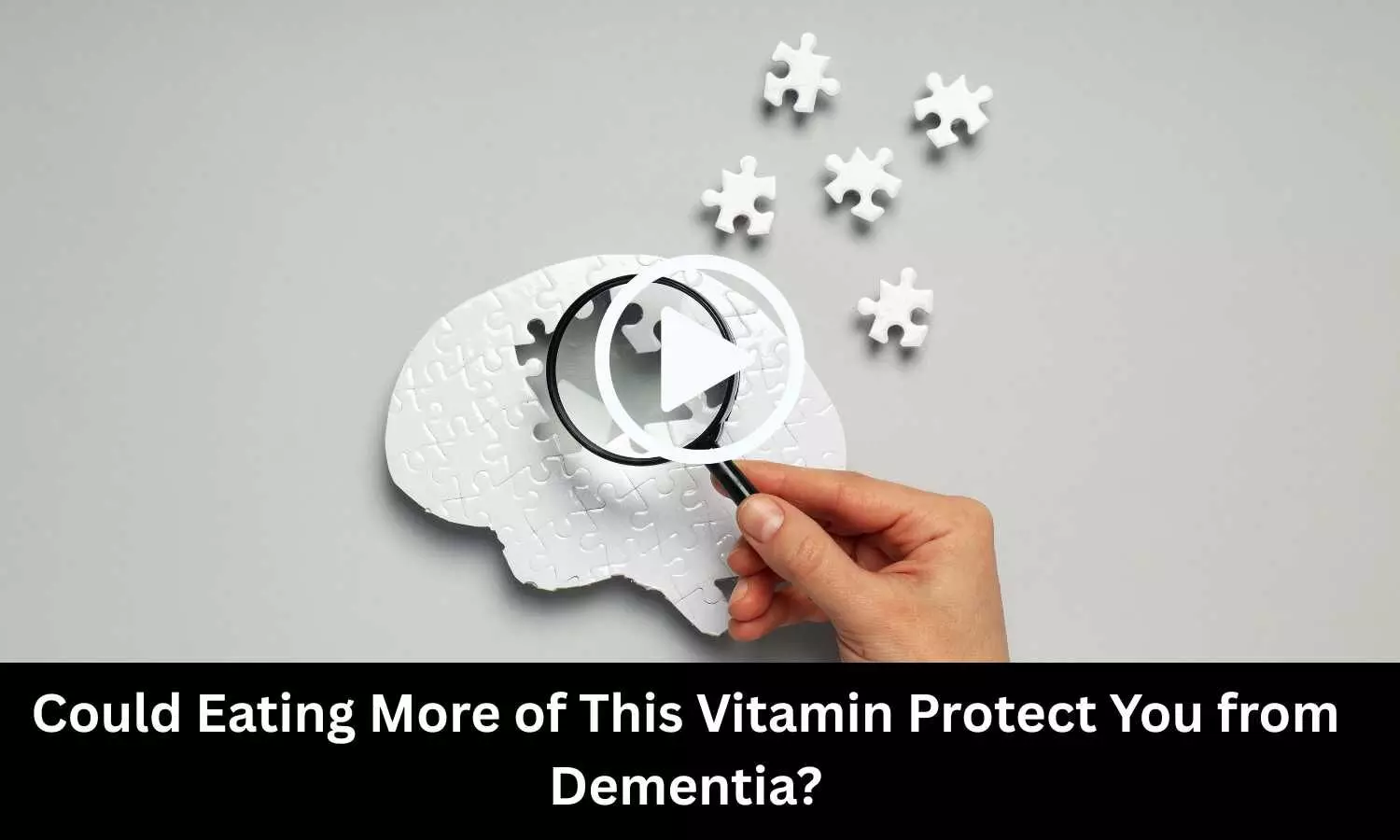Could Eating More of This Vitamin Protect You from Dementia? Study Sheds Light
- byDoctor News Daily Team
- 11 October, 2025
- 0 Comments
- 0 Mins

A long-term study published in theEuropean Journal of Clinical Nutritionhas found that people who consume higher levels of certain B vitamins especiallyriboflavin(vitamin B2) through their diets may have a significantly lower risk of developing disablingdementia. Researchers from Japan observed that those with the highest riboflavin intake had up to a 49% reduced risk compared to those with the lowest intake. Researchers analyzed data from the Circulatory Risk in Communities Study (CIRCS), a large community-based study in Japan. They followed 4,171 adults between the ages of 40 and 69 for a median of 15.4 years. Participants' diets were assessed using standardized 24-hour dietary recalls conducted by trained dietitians. The team then tracked new cases of disabling dementia using Japan’s national long-term care insurance records. The analysis accounted for various lifestyle and health factors such as age, sex, body size, smoking, drinking, and medication use. Riboflavin stood out: compared with the group with the lowest intake, the highest-intake group had about a 49% lower risk of disabling dementia. Vitamin B6 and folate also appeared protective, though to a lesser degree, reducing risk by about 20%. Vitamin B12, however, showed no clear link. The associations were strongest in individuals without a history of stroke, suggesting the vitamins may be particularly important in non-vascular forms of dementia. While the study can't prove cause and effect and relied on a single day of dietary recall, it underscores the value of everyday foods rich in B vitamins like dairy, eggs, leafy greens, beans, and lean meats. For brain health, a consistent, balanced diet may prove to be one of our best defenses. Reference:Kishida, R., Yamagishi, K., Maruyama, K. et al. Dietary intake of folate, vitamin B6, vitamin B12, and riboflavin and the risk of incident dementia. Eur J Clin Nutr (2025). https://doi.org/10.1038/s41430-025-01663-5
Disclaimer: This website is designed for healthcare professionals and serves solely for informational purposes.
The content provided should not be interpreted as medical advice, diagnosis, treatment recommendations, prescriptions, or endorsements of specific medical practices. It is not a replacement for professional medical consultation or the expertise of a licensed healthcare provider.
Given the ever-evolving nature of medical science, we strive to keep our information accurate and up to date. However, we do not guarantee the completeness or accuracy of the content.
If you come across any inconsistencies, please reach out to us at
admin@doctornewsdaily.com.
We do not support or endorse medical opinions, treatments, or recommendations that contradict the advice of qualified healthcare professionals.
By using this website, you agree to our
Terms of Use,
Privacy Policy, and
Advertisement Policy.
For further details, please review our
Full Disclaimer.
Recent News
Drug which stops tumors' blood supply could help k...
- 25 October, 2025
Processed fats found in margarines unlikely to aff...
- 25 October, 2025
Dark chocolate milk intake linked to improved spri...
- 25 October, 2025
Night-time bright light exposure may raise heart d...
- 25 October, 2025
Daily Newsletter
Get all the top stories from Blogs to keep track.


0 Comments
Post a comment
No comments yet. Be the first to comment!